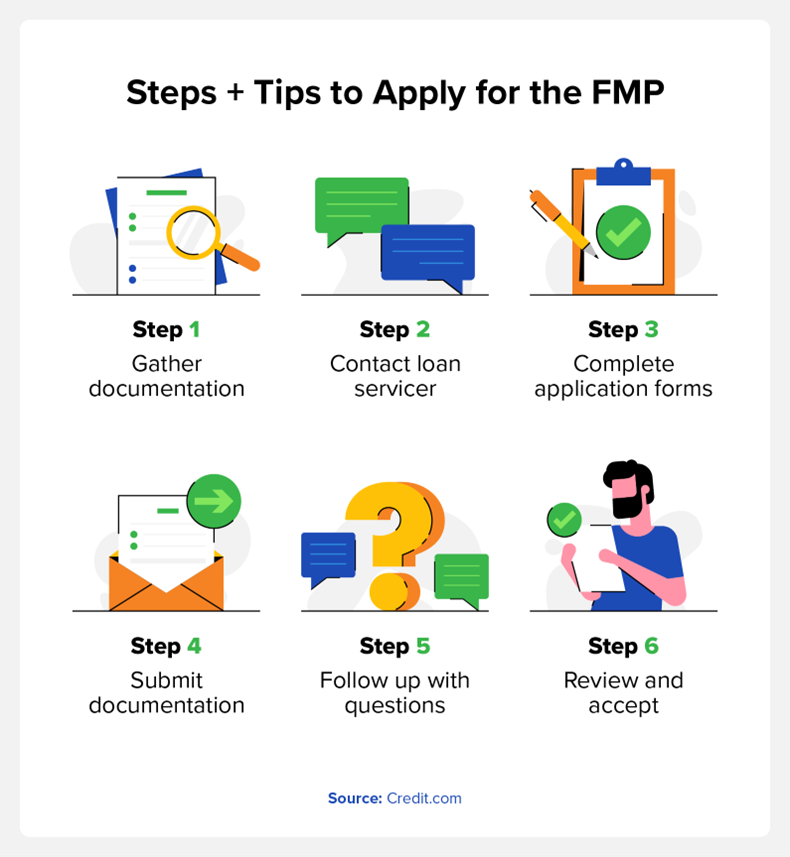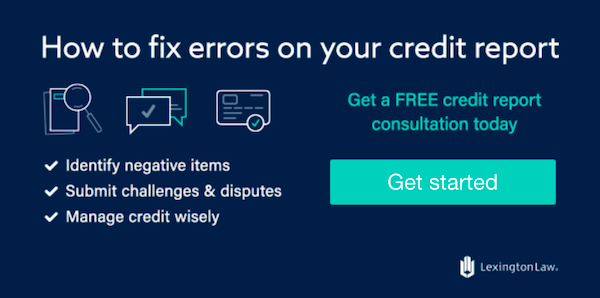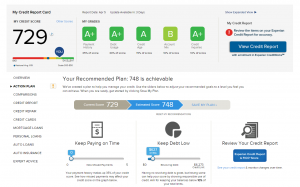Apache is functioning normally

Falling behind on your debt can be frightening. You may wonder if the creditor will come for your property or sue you. Sometimes, you don’t even realize you owe a debt before a credit collection service comes calling. But you do have rights and options. Get some tips for negotiating with creditors below.
In This Piece
1. Determine Whether Negotiation Is the Right Move
Settling your debt isn’t always the right move. If you can pay your debt off quickly without settling, it may be better for your credit. On the flip side, the debt will cost you more money.
Consider the big picture of your personal finances to figure out whether you should just pay off your debt fast or negotiate for more time or a lower payment requirement.
2. Make Sure the Debt Is Yours
While you’re thinking about whether debt negotiation is right for you, take some time to validate the debt. Mistakes happen—and so does fraud. It’s possible you didn’t originate the debt yourself, and if that’s the case, you can dispute it.
While validating the debt, you should also check that it falls in the statute of limitations. If debt falls outside the statute, collectors can’t continue to collect it and the creditor can’t sue you for the debt.
3. Don’t Negotiate Without Knowing What You Can Afford
If you decide to settle a debt, figure out what you can afford. Sit down and go through your finances with a fine-tooth comb. What do you really need to spend money on every month, and what can you kick to the curb? Go to the negotiating table with a firm figure in mind. Keep in mind that lump-sum settlements generally cost less in total than monthly repayment plans.
4. Understand Your Rights
Under the terms of the federal Fair Debt Collection Practices Act (FDCPA), creditors and debt collectors aren’t legally allowed to:
You also have a right to information about your debt, such as the name of the original creditor and how much you owe. Knowing your rights helps you protect yourself throughout the negotiation process.
5. Keep Your Story Straight
Falling behind on debt often happens because of serious life factors, but reps at credit collection services or lenders aren’t counselors. They’re just employees trying to do a job.
Give a condensed version of why you can’t pay your debt as agreed, and avoid drama. If you’re in a difficult situation, make that clear, and tell your lender what you’re trying to do to get back on track.
Before you talk with your creditor, it might help to write down and rehearse a few go-to sentences. This can make the discussion less emotional, making sure you’re better able to discuss the details and stand up for your rights.
Whatever you do, tell the truth. It’s much easier to keep the truth straight, and you’ll feel better if you don’t tell tales.
6. Ask Questions
Don’t be afraid to ask questions. You have a right to know where the debt came from, how the total amount owed was calculated and what fees might be included.
7. Take Notes
Talking about debt can be stressful and overwhelming. Keep a pen and paper handy so you can take written notes whenever you communicate with a debt collector. Make sure you write down the full name of the person you spoke to, the time of the call, how long the call went on and what you spoke about. You should also jot down any of the bad behaviors we mentioned above if they occur to create a written record of potentially illegal collection practices.
8. Read and Save Your Mail
It can be tempting to throw bills in the trash, but don’t do it. Instead, open them, read them and face your debt head-on. If a debt looks familiar, put the bill in a file and think about how you’d like to settle or discharge the amount. If you don’t remember accruing the debt, ask the lender for proof that you owe it.
9. Talk to Creditors, Not Collection Agencies
Try to negotiate with your original creditors before they sell your debts. Taking the bull by the horns at this stage could help you keep a few points on your credit score. Your original creditor may also have programs that can help you get back on track with payments.
10. Get Any Agreement in Writing
Get any settlement or repayment plan in writing as soon as possible once you conclude negotiations. Don’t pay any money before you see the agreement in black and white. If you pay before receiving confirmation, you might have trouble later on. Some unfortunate consumers end up getting chased twice for the same debt.
11. Stay Friendly
Debt is a nerve-wracking topic. It’s easy to get emotional when talking to creditors and debt collectors, but try to be friendly and stay on topic. Remember—debt collectors can’t come into your home and confront you, and they can’t take the resources you need to live away from you. If they start making such threats, end the conversation and report them instead of getting heated and angry.
12. Put the Past Behind You
Once you settle a debt, prepare to move into the future as positively as possible. Continue making your other payments on time to avoid this issue in the future. And keep an eye on your credit reports to ensure these old debts don’t crop up again via new collections accounts. Save all the records of your debt settlement so you can prove you don’t owe the money if that does happen.
Source: credit.com





